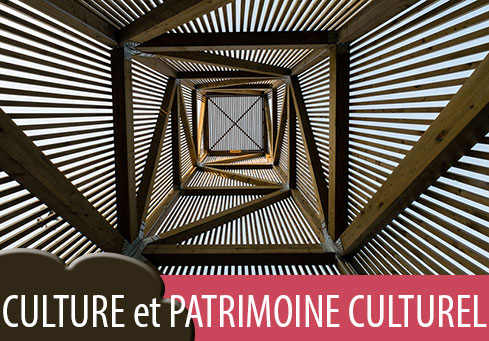Describing the bygone era of rigid Elizabethan norms and often even bordering on fantasy, Shakespeare’s plays may be too much to swallow for the average 21st century reader. This is particularly true for young people, most of whom struggle to understand his socially and politically complex plots, problematic characters and exotic settings. A recent study reveals that more than half of teachers reports their pupils’ inability to relate to Shakespeare’s works, which is why the British Library has decided to present them in a new light.
While 16th century society greatly differs from the one we live in today, some of Shakespeare’s ideas are still surprisingly relevant. And it is precisely these ideas that the British Library’s Discover Literature: Shakespeare project aims to promote through numerous shows, exhibitions and performances that explore the Bard’s work in modern contexts. As a part of the wider project dedicated to preservation of Britain’s greatest literary treasures through digitisation, Discover Literature: Shakespeare also relies on digital technology to provide a wider access to the playwright’s work.
Rare editions of his plays, as well as many images from the famous performances of are made available on the library’s website to enable a deeper understanding of the setting he lived in. Somewhat more imaginatively, the Library recently recreated his works in an exciting “digital wallpapers” project which brings Shakespeare to smartphones.
Touring since April 23, the project brings a digital library of Shakespeare’s works to pupils across the UK to mark the 400th anniversary of his birth. The wallpaper is designed to look like a traditional bookshelf, which can only be accessed using a smartphone. By scanning QR codes located on the covers of the books, students are able to download first editions of 14 Shakespeare’s works including Romeo and Juliet, A Midsummer Night’s Dream and Hamlet. This unique opportunity to connect with the authentic Shakespeare provides a new way for digital natives engage in exploring the works that have changed the literary world forever.
British Library has been an avid adopter of digital technology for years and understands its power to create new cultural experiences. Back in 2010, the Library announced a vision for the digital future, setting the stone for numerous large-scale digitisation projects that can help preserve British literary heritage. This year’s focus on Shakespeare in many ways proves that digitisation can do much to build new relationships between past and present, as well as between digital natives and traditional art.



